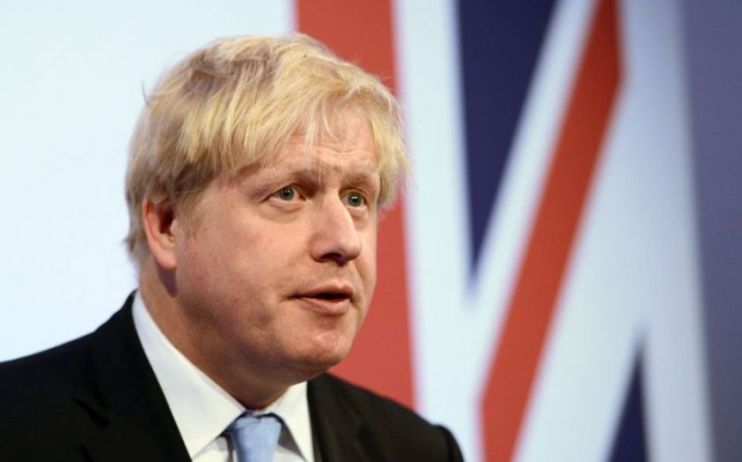Prosperity or pound shop? Our free trade future awaits

Like most of us, I’ve been watching the new government in the UK with interest – and no small measure of anxiety. As it became clear that Boris Johnson would emerge as the new PM, it also became clear that there would be a sharp change in government policy across the board. Theresa May, for whom I felt sympathy rather than anything else by the end of her time in Downing Street, was the ultimate in cautious politicians; paralysed with indecision for fear of a misstep, whereas with Boris it feels like careering into an uncertain future on a hand-painted wooden bus.
We knew that Boris would be committed to Brexit by 31 October. This was the foundation of his support among the Conservative party membership: no compromise, no backtracking – and a swift divorce from Europe at any cost. To that end, international trade secretary Elizabeth Truss announced the creation of a network of ‘free ports’ around the UK, designed not only to stimulate trade but also to provide economic and employment opportunities in deprived areas of the UK to (and I can imagine the marketing team coming up with this buzzword as I type) “turbocharge” the economy.
Truss predicts “thousands” of jobs being created – though many business and economic commentators might say that would be a drop in the ocean when set against the likely scale of job losses – and harked back to the Thatcherite past, saying breezily: “Freedoms transformed London’s Docklands in the 1980s, and free ports will do the same for towns and cities across the UK.”
While free ports are not inherently a bad policy – there are around 3,500 around the world, especially in the Far East – and while I applaud Boris for thinking big and presenting this kind of can-do spirit to the world, the EU traditionally has been ambivalent them as they create a less-than-level playing field.
However, you don’t have to be a grocer’s daughter to imagine how radical deregulation becomes a race to the bottom as red tape is slashed. Critics have warned that free ports would create an open door to money laundering and tax evasion, the erosion of employment rights, and how companies might become nothing more than transient trade tourists, picking up the benefits of a free port before relocating to another high-opportunity, low-regulation environment, like hungry bargain-hunters.
But is our future really to become the pound shop of the global marketplace? It’s not a vision to inspire. Of course we want new trading opportunities. Of course we want to spread our wings and reach out to the world – but not at any cost. Because the cliff edge between prosperity and pound shop is a fine one, and this bull-in-a-china-shop approach might just drive us over the edge and straight into the Channel – with no one on the other side to pull us out.